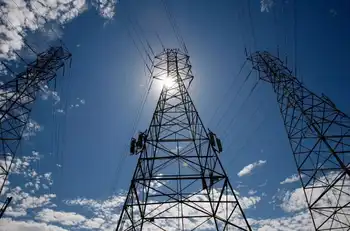GE applauds FCC broadband plan for grid
ATLANTA, GEORGIA - GE agrees with the Federal Communications CommissionÂ’s (FCC) National Broadband Plan announcementÂ’s clear recognition of the need for improving the communications infrastructure to modernize the electric grid.
“A potent, clearly defined reliable and integrated infrastructure will enable the promise of the smart grid to become reality, including electric vehicles, consumer-controlled energy management and conservation tools, more reliable grid performance and more clean, domestic energy from renewable resources,” said Bob Gilligan, vice president — digital energy for GE Energy Services.
From their recommendations for deployment under current conditions to their stated flexibility, the FCC appears to be signaling a desire to create a dynamic broadband model to benefit everyone. “We are delighted the FCC understands the value of allowing many different options to build this infrastructure. We believe open options will spur innovation and enable deployment of the best solution for each communications challenge, optimizing smart grid benefits for consumers and utilities alike,” Gilligan added.
GE believes the FCC also is demonstrating an open and honest view of what needs to be explored as the plan moves forward. “We applaud the commission’s willingness to investigate all alternatives, including a dedicated communications spectrum for smart grid applications,” Gilligan said. “GE encourages the FCC to further explore the option of a dedicated smart grid spectrum as a powerful enabling tool for dramatically improving the efficiency, reliability and security of a new smart grid reality with an ever-shrinking carbon footprint.”
Related News

Want Clean And Universal Electricity? Create The Incentives To Double The Investment, World Leaders Say
ABU DHABI - The heads-of-state and energy ministers from more than 120 nations just met in Abu Dhabi and they had one thing in common: a passion to increase the use of renewable energy to reduce the threat from global warming — one that will also boost economic output and spread prosperity. Access to finance, though, is critical to this goal.
Indeed, the central message to emerge from the conference hosted by the International Renewable Energy Agency (IRENA) this week in the United Arab Emirates is that an energy transformation is underway that has the potential to revitalize economies and to…




